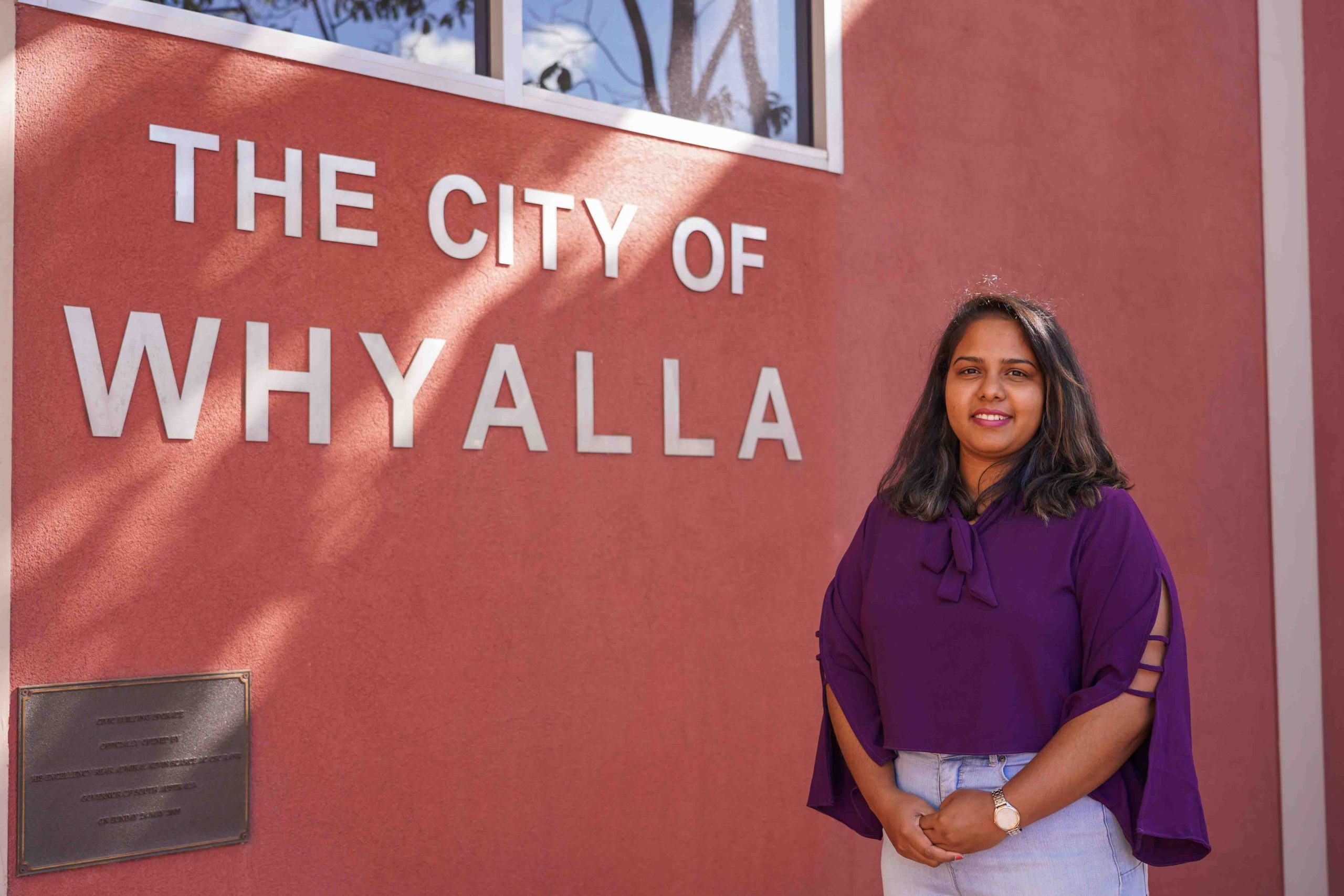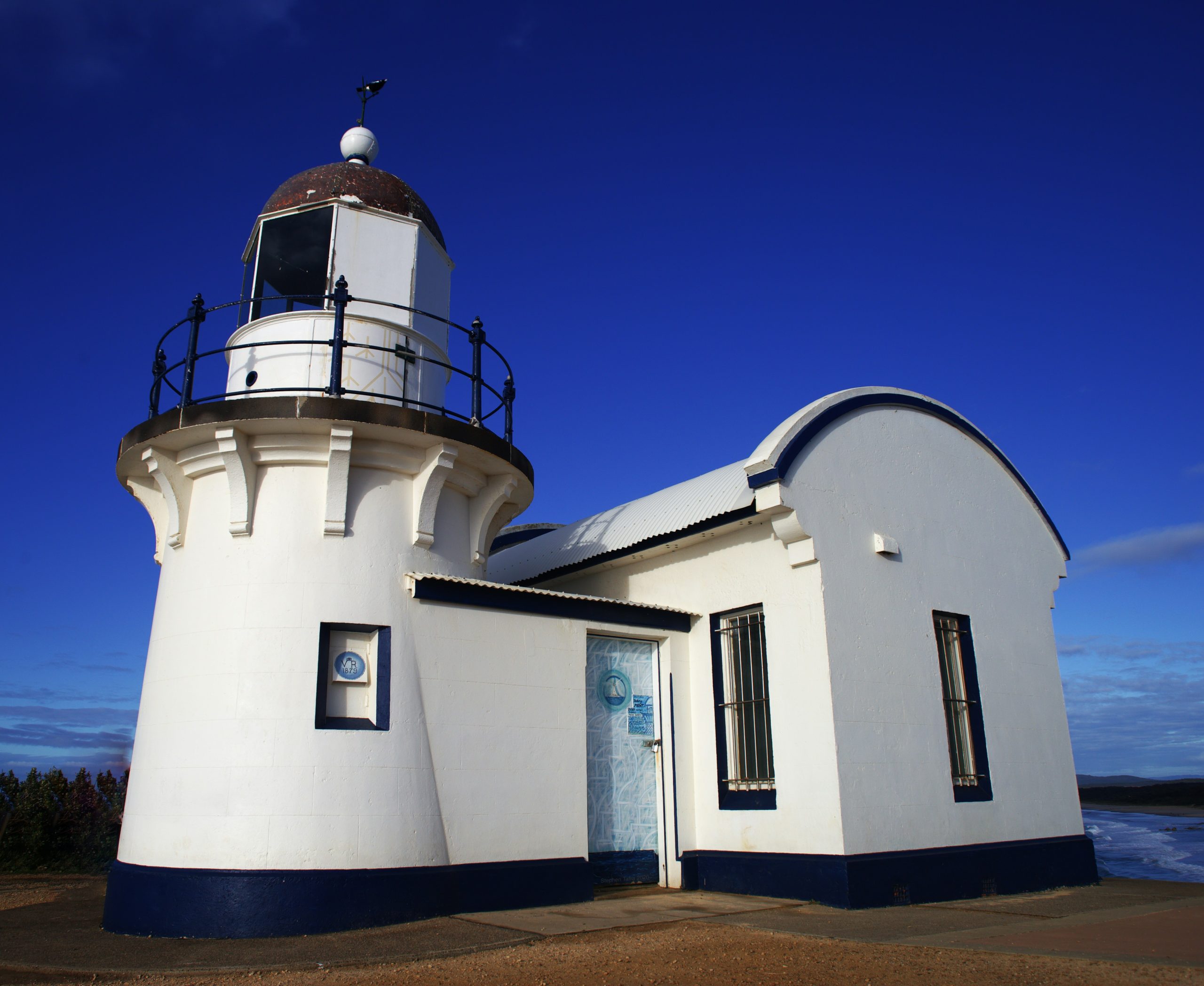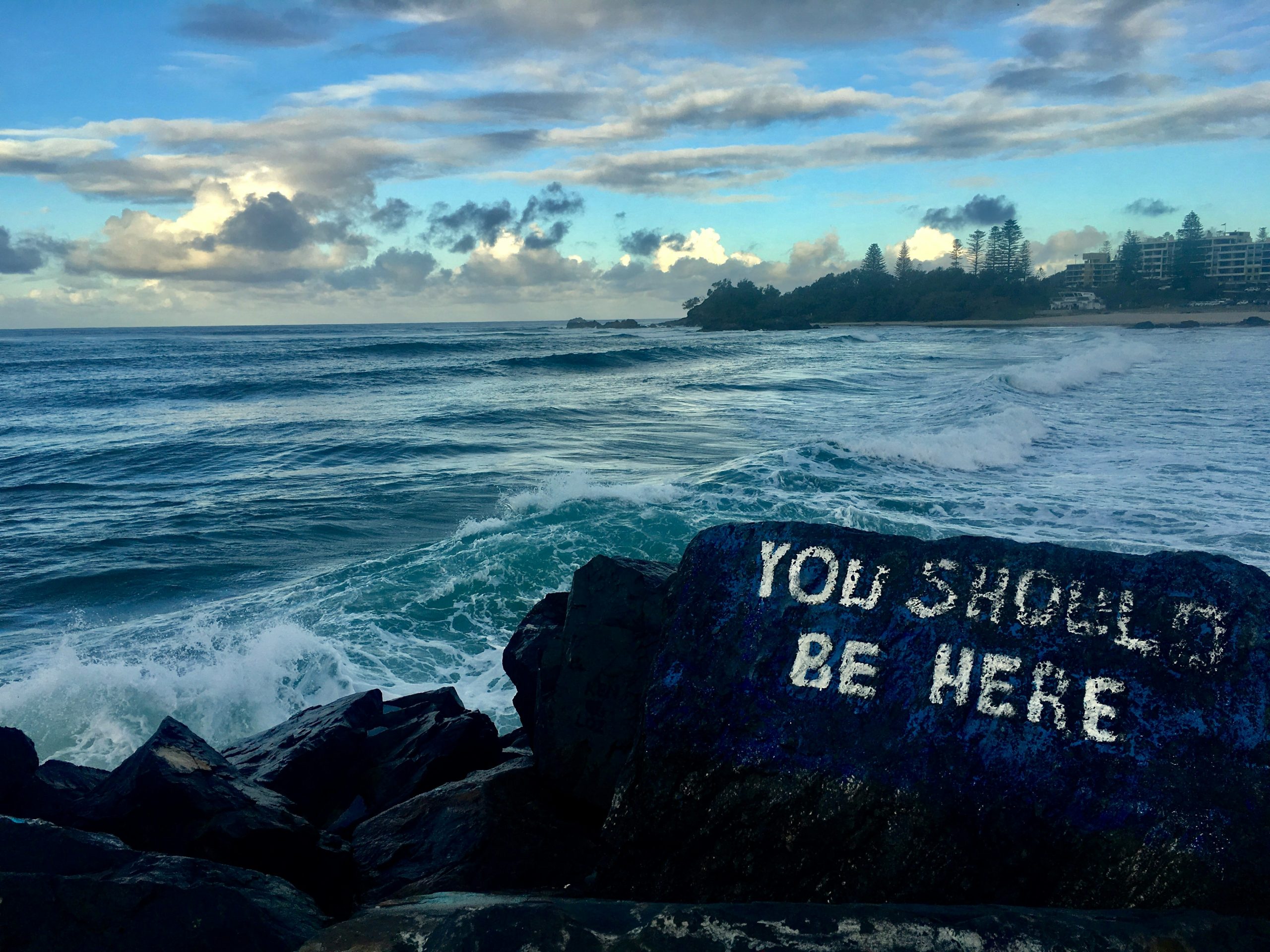When a job opportunity came up in Whyalla, 400 kilometres east of Adelaide on the Eyre Peninsula, Charuka Sanduni packed her bags and a year on, has no plans to move back to the city.
Coming out from Sri Lanka in 2019 with her husband Ishan, Charuka settled in Adelaide to complete her postgraduate studies in a Master of Environmental Science at the University of South Australia. But it was her rural background, having grown up “far away from the city” that had her sights set on landing her first post-grad job in a regional area.
“I was born and grew up in a very regional area,” she says, “so I think it is good to live in a regional area.”
Growing up in a village near the sacred city of Anuradhapura, that was “quite rural and far away from the main metropolitan city”, Charuka says it was her upbringing that saw her wanting to live regionally but that also shaped her career aspirations to work in an environmental-related field.
“Since my childhood I have loved the environment,” she says. “My Dad taught me to protect the environment, always put rubbish in the bin, and try and protect animals and trees.
“It is my passion. And I love working in the environmental field.”
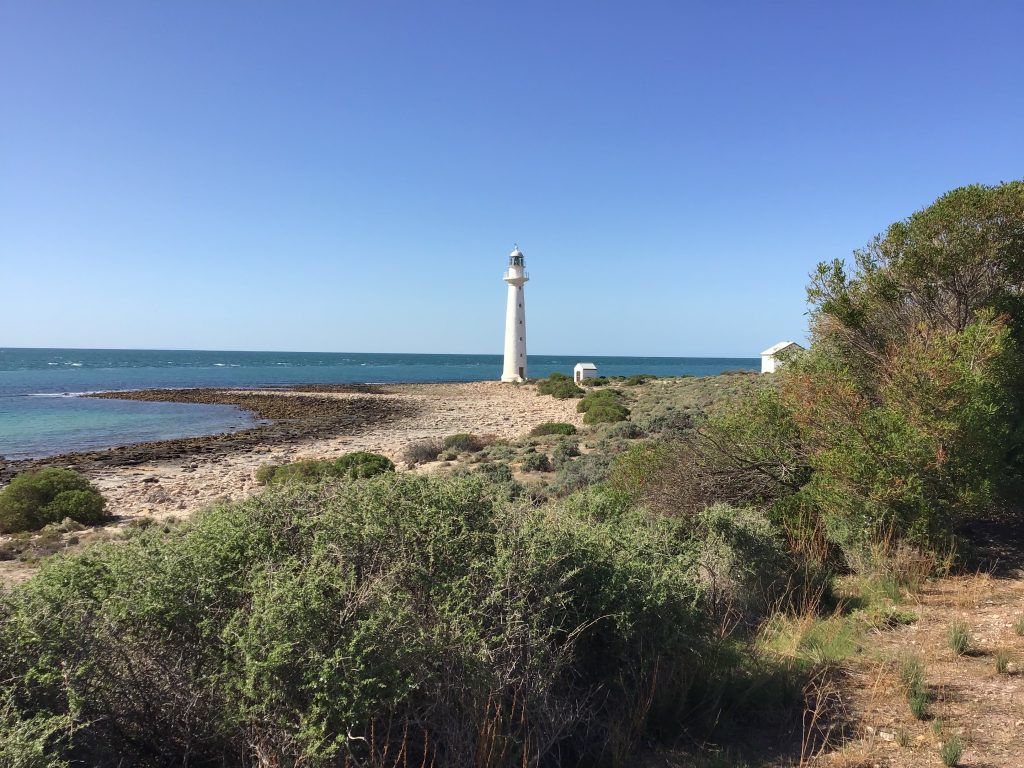
Wanting to “get more experience in environment, sustainability and climate change”, Charuka jumped at the opportunity to apply for the Waste Management Officer role at the Whyalla City Council.
Despite never having been to Whyalla and not knowing “anything about Whyalla before we moved”, Charuka says she was pleasantly surprised.
“Our Council Directors organised for us to come and see Whyalla before we moved,” she says. “We heard Whyalla was dusty, but our first impression was oh, it’s a nice place.”
As one of the largest regional towns in South Australia, home to more than 20,000 people, Charuka says it is not just a “steel city” with its strong mining and steel industries but is emerging as “South Australia’s renewable hub”.
“A lot of people work in the mines and steel factory,” she says. “But in the future, Whyalla is growing more than this. We are going to have a new hydrogen hub in Whyalla and another coastal water project.”
The green hydrogen power facility, which is set to be the first of its kind in Australia, will see the construction of a hydrogen power station, electrolyser and storage facility in Whyalla in the next three years.
Seeing the project as “very exciting” given her line of work, Charuka says she “takes care of all waste-related matters and is responsible for developing and implementing waste strategies and policies, and planning waste education, to try and achieve South Australia’s waste generation targets”.
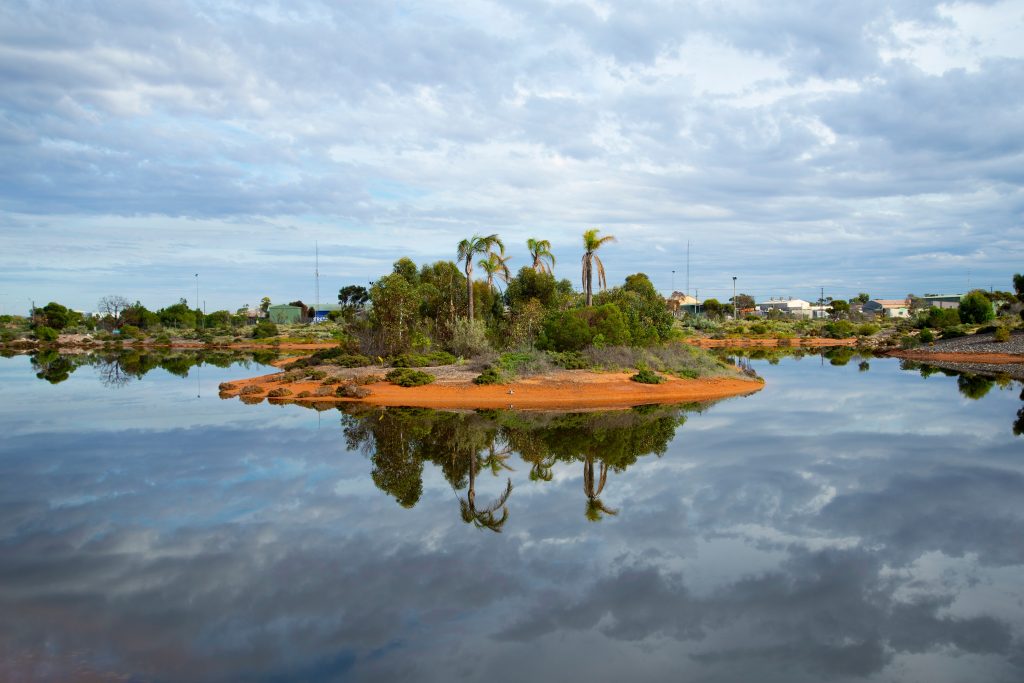
Citing her work at Council as instrumental in meeting people and becoming ingrained in the community, Charuka says she and her husband, Ishan have also found friends through the Sri Lankan community.
“It was a bit hard at the beginning when we first moved,” she says. “But after we had more exposure with the community and friends, we heard about other job opportunities and there are plenty of opportunities here with the mining sites and the steel factory.”
With Ishan landing a job at Coles, Charuka says he has plans to study in an electrical-related field at TAFE in Whyalla.
“It’s really good to have TAFE here,” she says, “otherwise if you wanted to learn something you would need to go online or move back to Adelaide.
“But we have that opportunity here and hopefully after we get our permanent residency, he can start his studies.”
With plans to stay in Whyalla for the foreseeable future, Charuka says Whyalla has become home.
“I want to go ahead in my career with my own house, having a baby and settled in Whyalla,” she says.
“Because here in Whyalla we have affordable housing compared to Adelaide city. So, it is better to live in regional Australia because we can easily buy a house.”
Also citing work opportunities, and access to services and amenities, Charuka says they have only been “back to Adelaide three times since moving to see friends”.
“There is no traffic even though we have plenty of people in Whyalla,” she says. “And we can access everywhere within 10 minutes.
“We also have all the essential things around the city and there are nice beaches and plenty of places around Whyalla to go for a picnic or to camp.”
Charuka says she has also been struck by the area’s natural beauty.
“The first couple of weeks after we moved, I thought it was dry and looked brown. But now I think it is beautiful. Everything has a different beauty.
“I hope we can stay here.”
